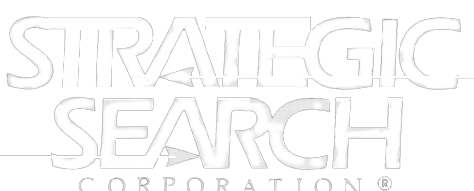
Scientific jobs are extremely high paying and exceptionally fulfilling. Though the Labor Department’s Bureau of Labor Statistics (BLS) most recently reported that 428,000 non-farm jobs were created, the unemployment rate stayed constant at 3.6% and average hourly earnings grew 12 cents to $31.85 in April. However, substantially more can be done through science!
For example, 3,000 less jobs were created last month than the previous month. Additionally, many of the employment gains were in the low-paying service sectors!
Scientist jobs result in a lot higher wages and greater innovation for our economy. In general all technical, engineering, scientific, R&D (research and development), IT (information technology) and manufacturing industries make exponentially greater contributions to our economic growth and society than service sector jobs.
Science is at the epicenter of these technological advancements. As I shared previously, employers spent 4% more on wages and benefits last year as workers received larger pay raises in a tight labor market, rebounding economy and period of accelerating inflation, marking an increase not seen since 2001. Moreover, additional scientists will mean even higher wages.
Scientific Advancement Requires Removing Science Barriers
According to University of Chicago Professor James Evans there are far more scientists in today’s world, and they’re publishing research papers at a much faster pace. However, all this growth has not translated to more scientific progress.
He makes the argument that scientists are deluged by the flood of research papers they must read, which is causing them to cite the same few papers repeatedly. This dilemma is leaving newly published papers with less of a chance to disrupt existing work.
Evans runs the Knowledge Lab at the University of Chicago, which leverages machine learning and is trying to reimagine the scientific process by providing better pathways for new scientific ideas to be shared with others. He explains how we can get back to advancing science again.
Another impediment is poor STEM (Science, Technology, Engineering & Math) programs. Unfortunately, the U.S. has been slipping in STEM over the past several decades. Much more needs to be done to energize STEM education to mint more and better scientific talent.
Strategic Search Can Augment Your Scientist Recruiting Efforts
To learn more about how Strategic Search Corporation can better assist your science recruitment needs during these tough recruiting times click here for my full contact information or call me today at 312-944-4000. Then we can discuss how to improve your staffing process and results.



